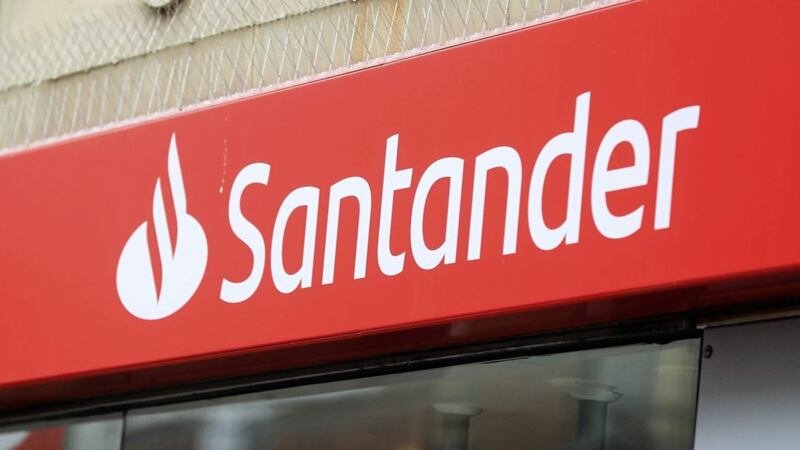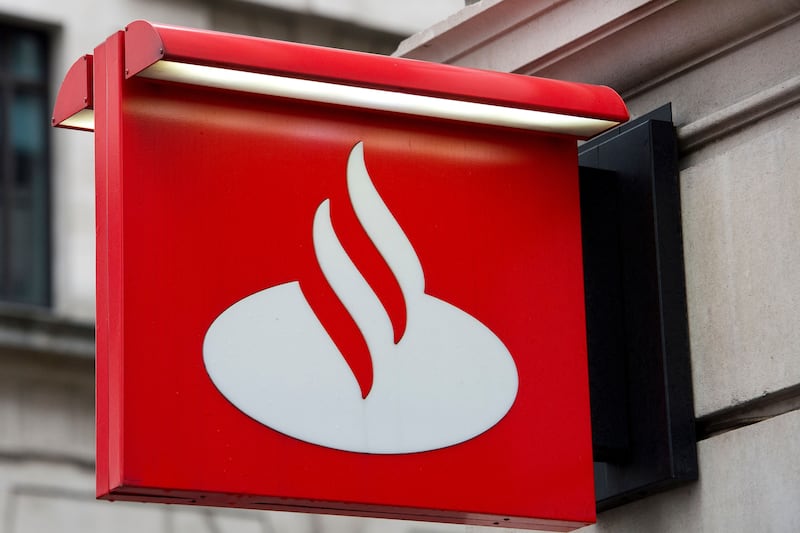PROFITS at Northern Ireland's third biggest high street bank Santander soared 266 per cent to £1.86 billion last year as the lender released more money set aside to cover the potential financial fallout from the Covid-19 pandemic.
Branch cuts by Bank of Ireland and AIB last year meant the Spanish lender's 21 outlets here are now surpassed only by Danske Bank and Ulster Bank.
Santander's UK bosses revealed on Wednesday that £233 million was put back into the bank, after £448m was put aside in 2020 when the virus first hit.
However, operating costs jumped 5 per cent to £278m due to costs associated with shutting 111 branches and reducing head office space by 40 per cent as it aims to slim down its UK operations.
The bank also highlighted a notable rise in fraud, with costs linked to repaying customers hit by scams increasing 26 per cent.
Around £379m was spent on liabilities, including £116m related to the branch closures, and £249m spent on liabilities, including fraud.
Santander also revealed that £130m mistakenly paid out on Christmas Day in a series of duplicate payments to customers at other banks has largely been recovered.
Bosses were keen to highlight they had a strong year in growing their mortgage book.
Chief executive Nathan Bostock said: "We have further cemented our position as the UK's third largest mortgage lender, helping customers with £7.5bn of net mortgage lending, and attracted 19,000 new current account customers through our switcher campaign.
"At the same time, we have grown income, realised the savings from our investment programme and continued to simplify our operations.
"Our strategy means we are in good shape thanks to our prudent approach to risk, strong capital and resilient balance sheet, and we are well placed to continue growing as the UK economy recovers."
Profit margins - or net interest margins - rose 29 percentage points to 1.92 per cent and the cost-to-income ratio, a key banking measure, fell from 63 per cent to 56 per cent.
Globally, the Spanish lender revealed total income of 46bn euros (£38.4bn), a 4 per cent rise on 2020.
The bank said it enjoyed strong growth in activity, with loans and deposits up 4 per cent and 6 per cent respectively.





